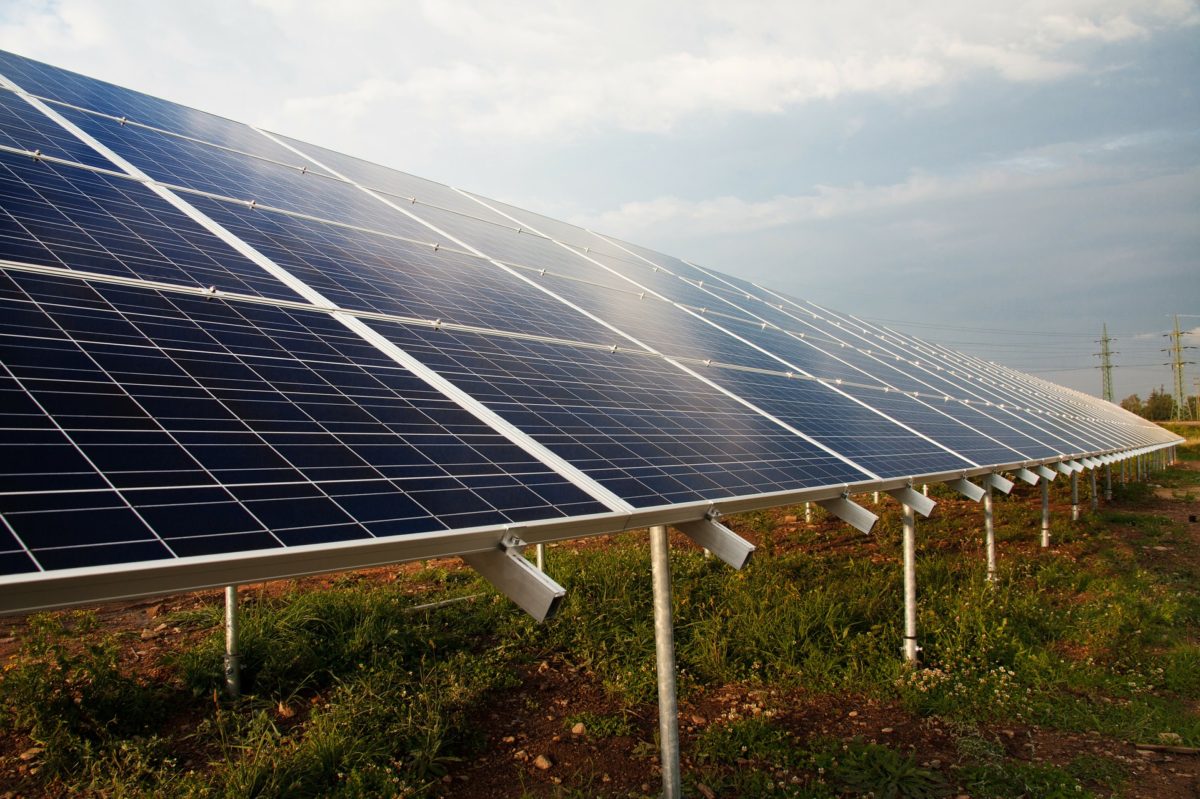The Independent Electricity System Operator of the Canadian province of Ontario last week announced plans to test a local electricity market, and its potential integration with the regional network, as an alternative to expensive grid infrastructure investment.
Projects like the one being tested by IESO – said to be based on small scale PV, storage and smart energy consumption – are easy to set up, according to Andrea Mansoldo, principal consultant at Norwegian technical consultancy DNV GL Group.
The grid expert told pv magazine local power markets are feasible thanks to storage technologies which introduce flexibility and regulation capacity to meet the multiple requirements of a network and the cost of generation.
“There are no major technical issues for this,” said Mansoldo, “as the current experience of the 129 MWh Hornsdale [project] in Australia witnesses that BESS [battery energy storage system] technology can guarantee great performance to a nearly isolated transmission system. I believe about 6000 MWh of batteries may be a good alternative to building a 1,000km line or a high-voltage line of AC 750 kV, which would require an investment of around $2 billion.”

DNV GL Group.
Would such energy storage capacity be capable of triggering competition between local subjects and guaranteeing electric supply? “Locally, the problem is to guarantee competition,” Mansoldo said, “the market must be sufficiently articulated to create as much opportunity as possible and also controlled by third parties to avoid the exercise of market power and monopolistic situations.”
Small co-operative set-ups already exist, said Mansoldo, but are driven by ideological, ethical and principled concerns whereby communities regulate themselves and the minimum energy cost is not a priority.
Popular content
The DNV GL grid expert said an interesting aspect of the IESO project is its potential integration with the provincial power market because that would involve technical regulatory interaction. “Here, we are not only talking about investing in new transmission but of allowing a local market to have an outlet” he said. “If you think this is similar to a minigrid, which is initially isolated and is then connected with a larger network, the effect of developing and interconnection can be both positive and negative.”
According to Mansoldo, the large network can have structural problems such as high losses and variable and fluctuating voltages. Connection to a local network conceived with flexible technology or demand participation in mind could offer solutions.
“In particular, I refer to the ancillary services market,” Mansoldo added, highlighting how storage could help local power markets take advantage of the primary market through locational arbitrage, which even enables the trading of the primary electricity service between two markets to exploit lower prices on one side. “But if the large network is already optimized and reliable, the formerly isolated network can find it difficult to compete in every sector with its possible internal technologies,” he said.
“A case by case scenario should be investigated in the medium [to] long term development of the local and provincial grid. But a technician and economic fair assessment for the decision making process of an investment strategy, and policy implementation, requires a transparent and well-structured regulatory skeleton that remunerates a large part of the needs of the network and not just the primary energy,” added Mansoldo.
This content is protected by copyright and may not be reused. If you want to cooperate with us and would like to reuse some of our content, please contact: editors@pv-magazine.com.



2 comments
By submitting this form you agree to pv magazine using your data for the purposes of publishing your comment.
Your personal data will only be disclosed or otherwise transmitted to third parties for the purposes of spam filtering or if this is necessary for technical maintenance of the website. Any other transfer to third parties will not take place unless this is justified on the basis of applicable data protection regulations or if pv magazine is legally obliged to do so.
You may revoke this consent at any time with effect for the future, in which case your personal data will be deleted immediately. Otherwise, your data will be deleted if pv magazine has processed your request or the purpose of data storage is fulfilled.
Further information on data privacy can be found in our Data Protection Policy.